Identifying and treating behavioral healthcare disorders is not often as straightforward as diagnosing physical ailments like a broken bone or a fever. Symptoms of mental illness can present cognitively, behaviorally, emotionally, and sometimes even physically. Mental health assessments help providers get a better understanding of a disorder to form an appropriate treatment plan and track progress. Having a patient engagement tool to do this is even better.
Common mental health assessments
The type and extent of assessments can vary widely by specialty. Typically a mental health assessment begins with a self-guided questionnaire or survey and an interview. These aid providers in gauging a patient’s health, family, and medication histories, as well as their current state.
Additionally the initial questionnaire typically has patients rate the frequency they experience sadness, stress, and suicidal ideations, and the frequency they drink and use illicit substances. These give providers a baseline to determine treatment plans going forward.
These general assessments may be complemented by physical assessments, if necessary, as well as assessments specific to the scenario. For example, providers treating children typically use the Child and Adolescent Needs and Strengths (CANS) assessment and Auditory Skills Assessment (ASA). The Columbia Suicide Severity Rating Scale and Generalized Anxiety Disorder (GAD-7) are also common.
Improving assessments
In improving your assessments, focus on compliance, organization, and convenience.
Compliance. Ask whether your organization is utilizing the most current assessments approved/required by payers and accreditation agencies. This will assist in proving medical necessity and securing reimbursement for the services provided.
Organization. With dozens and dozens of different assessments for behavioral health and addiction treatment, staying organized is crucial. Organized documentation supports you in your treatment center’s growth and also allows you to track outcomes and make adjustments as necessary. For example, seeing the evolution of a patient’s risk severity rating throughout their treatment is used as a key performance indicator. Improved organization will be a lifesaver when the time comes for an audit or accreditation.
Convenience. In our digital world providers need the option to conduct assessments remotely, and patients prefer it is well. A mobile solution for behavioral healthcare assessments allows patients the convenience of filling out any forms and surveys on their own, while providers have the advantage of timely compliance on required assessments like CANS, ASA, or the GAD-7.
AZZLY® provides a behavioral healthcare and addiction treatment-specific all-in-one electronic health record (EHR), patient management (PM), and revenue cycle management (RCM) solution called AZZLY Rize™. Our solution empowers treatment organizations to streamline their documentation and processes to achieve better outcomes for them and their patients.
To achieve better outcomes, we encourage use of a Patient Engagement tool that allows providers to assign surveys, upload educational materials, and send messages to their patients, all remotely. You can read more about our Patient Engagement functionalities at azzly.com/patient-engagement. AZZLY provides a full library of assessments and surveys, allowing you to keep track of your patients’ outcomes and keep an eye on quantitative measures of your success.
Click here to schedule a discussion with an AZZLY EHR and Billing Specialist. Contact us at hello@azzly.com or 1 (888) 400-3201 with any questions.





